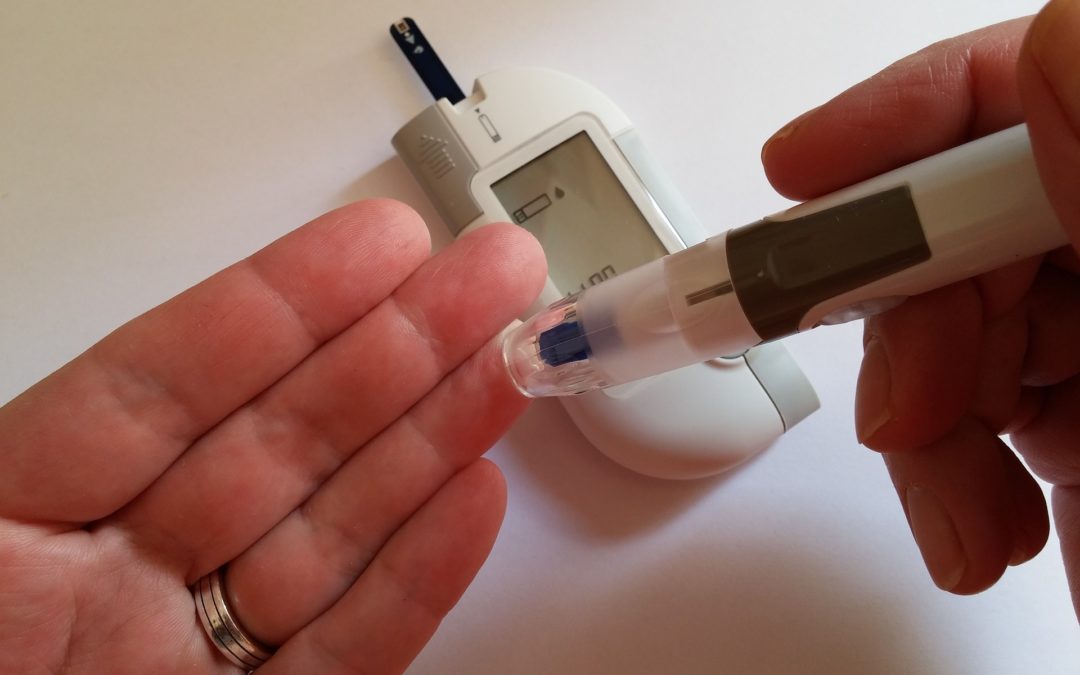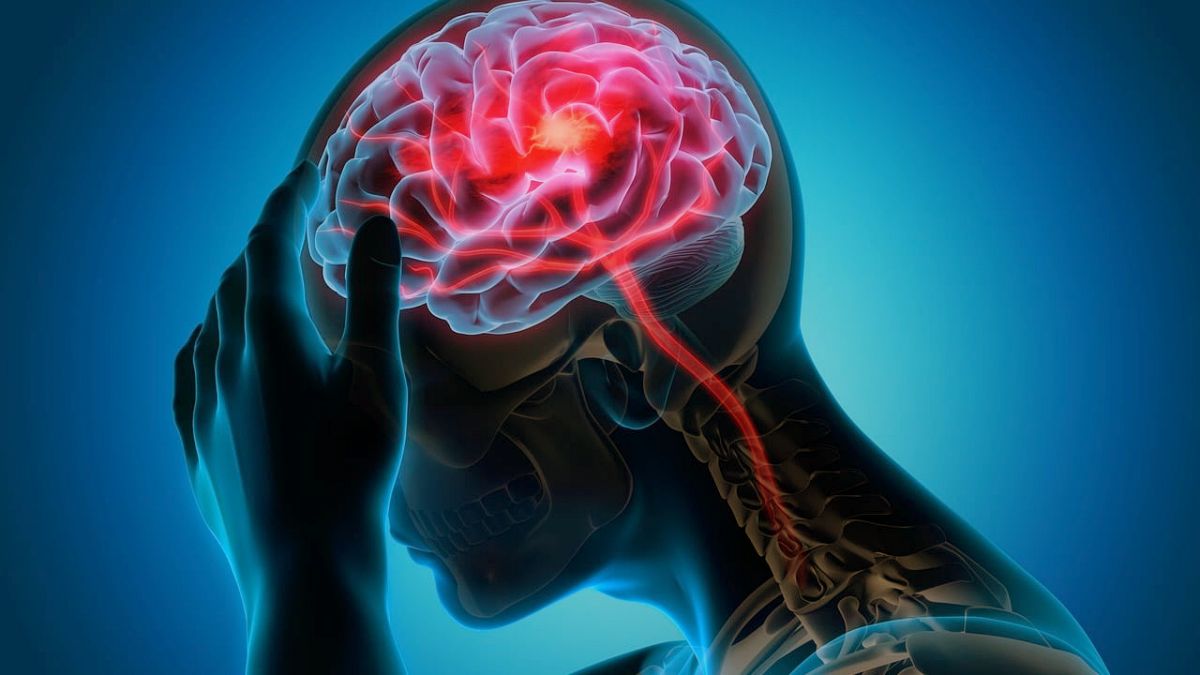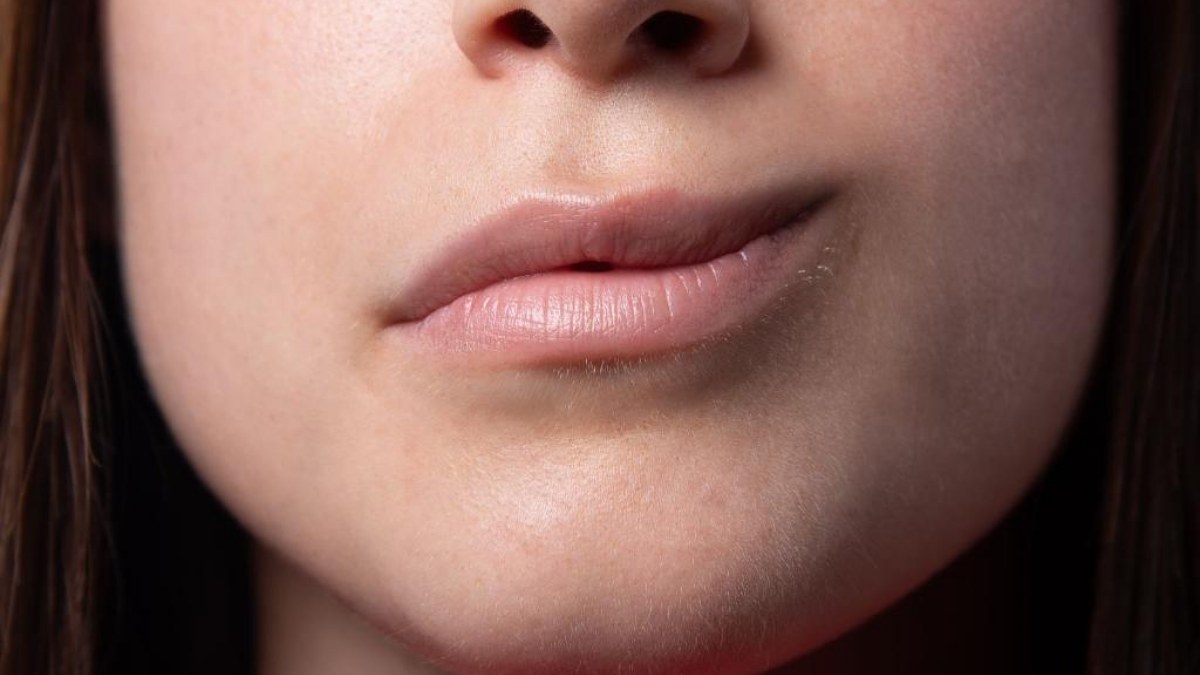Treating Diabetes With Acupuncture
A major health concern of the modern world is diabetes mellitus, and many patients are looking for natural and alternative methods to supplement their treatments.
Studies are beginning to come out demonstrating that one such alternative method, acupuncture, can have a positive effect in treating the most common form of diabetes.
The Different Types of Diabetes
There are distinct types of diabetes. Their causes are different in origin, and so naturally their courses and presentations are different. But all forms are characterized in the end by a higher than normal concentration of glucose in the blood stream.
Type 1 Diabetes
Type 1 diabetes is caused by an autoimmune loss of the cells in the pancreas that create insulin, the main hormone in charge of regulating blood sugar. These patients’ symptoms are characterized by a rapid onset of weight loss with increased thirst and increased urination.
Today the condition is effectively treated by injecting insulin. Before this treatment option however, the prognosis of these patients was dire, as they would continue to lose weight despite all other efforts. They would finally succumb from starvation on a cellular level.
Interestingly, the signs and symptoms of type 1 diabetes closely match those of the classic Chinese medical disorder named Xiao Ke, commonly translated as “wasting and thirsting” disease. And while pre-modern Chinese physicians had needle protocols, herbal formulae, and dietary strategies to help mitigate this issue, in this day and age it makes more sense to treat the root cause of type 1 diabetes with insulin injections.
Gestational Diabetes
This form of diabetes refers to when a woman with no history of diabetes before pregnancy develops high blood sugar during gestation. This condition happens when the mother’s pancreas cannot regulate the demand caused by rapid hormone increases originating in the placenta. While patients usually return to normal glucose metabolism after pregnancy, there is then an increased risk of developing type 2 diabetes later in life.
Type 2 Diabetes
This is the most common type of diabetes, increasing with the modern mass-consumption, mass production post-industrial-revolution society. To put it briefly, rather than there being an inability of the pancreas to make insulin, this condition is caused by “insulin resistance” – the body’s decreased responsiveness to insulin.
The exact mechanisms are still being studied, but it is clear that Type 2 diabetes stems mainly from an improper and/or excess consumption of food. Unlike the other two major forms, this condition comes on slowly with an intervenable pre-diabetic period, and can very effectively be treated with diet and lifestyle modifications.
It is in this prediabetes period that acupuncture therapy could be effective at warding off the development of full type 2 diabetes, according to new research out of Edith Cowan University in Australia.
Traditional Chinese Medicine and Prediabetes
There are several ways the three cornerstones of Chinese medicine – acupuncture, herbalism, and mind-body exercises – can help diabetic patients, especially those in the pre-diabetic stage of the disease.
Acupuncture and Herbalism For Weight Loss
As mentioned earlier, a large component of treating this condition is diet modification and weight control. Acupuncture and herbalism have a track record of assisting with weight loss, and those strategies are certainly useful for the pre-diabetic patient.
Acupuncture and Herbalism For the Pancreas
There are needle treatments and herbal formulas used to tonify the spleen/stomach organ. The aim of this is increase pancreatic function. Studies are emerging that demonstrate the effectiveness of herbal interventions on factors such as fasting glucose, fasting insulin, and insulin sensitivity and resistance.
Acupuncture and Peripheral Neuropathy
The chronic effects of elevated blood glucose, whatever the origin, are varied. One of the more common issues is neuropathy, or injury to the nerve endings. This most commonly affects the fingers and toes of chronic diabetic patients, but can also cause motility issues in the gastrointestinal system and the bladder.
Acupuncture has shown to be useful in such neuropathic conditions. Several meta-analyses demonstrate the benefit of acupuncture on symptoms of diabetic peripheral neuropathy and neuropathies in general. Studies investigating gastroparesis and neurogenic bladder issues are currently underway.
Chinese Herbs and Diabetes Management
Known as “rou gui” in Chinese herbalism, cinnamon can assist in glycemic index control and regulating blood sugar in diabetic patients. Cinnamon also has the added benefit of imparting cardioprotective effects. One study investigated “huang qi”, or astragalus, for use in the treatment of diabetic nephropathy, or kidney damage. And another study showed positive effects of “dan shen”, also known as salvia root, on retinopathy, or damage to small blood vessels in the eyes.
Mind-body Exercises and Diabetes Management
A study published in the Journal of Integrative Medicine showed that regular qigong workouts lowered hemoglobin A1c (HgA1C) in prediabetes patients. HgA1C is the primary measure of glucose levels in the blood, and medical professionals use its levels to determine the degree to which blood sugar is under control.
Qigong, and other mind-body exercises part of Chinese medicine, are easy to learn. And these exercises use low-impact, high-intensity flexible workout regimens. People of almost any physical ability can take part in some form and enjoy the benefits well into old age. These forms of exercise are particularly useful in the case of diabetic patients with mobility issues.
How Can Yi Guan Help With Your Diabetes Management?
If you are interested in learning more about how classical Chinese medicine, acupuncture, and herbalism can assist your treatment of diabetes, contact us today.
Who is Dr. Perez?
Dr. Dan Perez is both a Western-trained physician and a graduate of the AOMA Graduate School of Integrative Medicine. Based in Austin, Texas, AOMA is recognized as one of the leading schools in Chinese Medicine. Being both an expert in Western medicine and Chinese medicine, Dr. Perez offers his patients natural, minimally invasive and integrative medical options for treating a variety of chronic medical conditions.
Acupuncture could help prevent diabetes, research shows, https://www.studyfinds.org/acupuncture-diabetes/
Network pharmacology and metabolomics study on the intervention of traditional Chinese medicine Huanglian Decoction in rats with type 2 diabetes mellitus, J Ethnopharmacol . 2020 Aug 10;258:112842. https://pubmed.ncbi.nlm.nih.gov/32333952/
Acupuncture for diabetic peripheral neuropathy: An overview of systematic reviews, Complement Ther Clin Pract . 2021 May;43. https://pubmed.ncbi.nlm.nih.gov/33819833/
Acupuncture for the Treatment of Peripheral Neuropathy: A Systematic Review and Meta-Analysis, J Altern Complement Med . 2017 Mar;23(3). https://pubmed.ncbi.nlm.nih.gov/28112552/
Beneficial effects of cinnamon and its extracts in the management of cardiovascular diseases and diabetes, Food Funct . 2021 Dec 13;12(24):12194-12220. https://pubmed.ncbi.nlm.nih.gov/34752593/
Chinese herbal drugs for the treatment of diabetic retinopathy, J Pharm Pharmacol . 2017 Mar;69(3):223-235. https://pubmed.ncbi.nlm.nih.gov/28124440/
Meta-analysis of the clinical value of Astragalus membranaceus in diabetic nephropathy, J Ethnopharmacol . 2011 Jan 27;133(2):412-9. https://pubmed.ncbi.nlm.nih.gov/20951192/
The effectiveness and safety of a danshen-containing Chinese herbal medicine for diabetic retinopathy: a randomized, double-blind, placebo-controlled multicenter clinical trial, J Ethnopharmacol . 2015 Apr 22;164:71-7. https://pubmed.ncbi.nlm.nih.gov/25666427/
Effects of traditional Chinese exercises on blood glucose and hemoglobin A1c levels in patients with prediabetes: A systematic review and meta-analysis, J Integr Med . 2020 Jul;18(4):292-302. https://pubmed.ncbi.nlm.nih.gov/32534937/
Let's get started!
This could be the most important step you take in your health journey. Schedule a consultation now, or complete the short form and let's connect.
Free 15-min Consultation
Phone
NEW Location
Yi Guan Acupuncture and Chinese Herbalism
11614 Bee Caves Road, Suite 230,
Austin, TX 78738 (directions)







